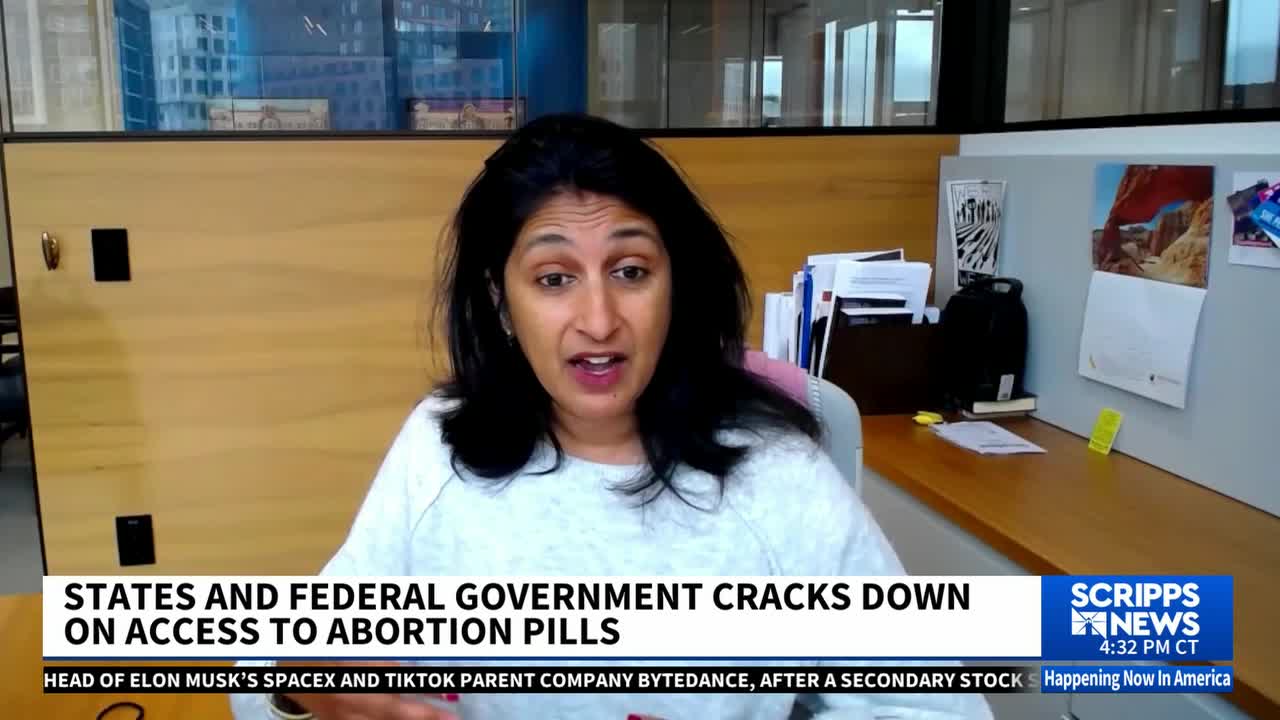Recent events have led to fear and concern over dwindling abortion rights in the United States, especially when it comes to access to the abortion pill.
In Louisiana, an arrest warrant was issued for a California doctor for allegedly mailing abortion pills to the state — which this week shut down all Planned Parenthood operations.
That same doctor is also facing a federal lawsuit in Texas for mailing abortion pills to a woman there.
The suit came a couple months before Texas lawmakers approved a bill allowing private citizens to sue abortion pill providers.
On the federal level, HHS Secretary Robert F. Kennedy Jr. has ordered the Food and Drug Administration to investigate the safety of the abortion drug mifepristone — which most experts say has already been studied and found to be safe.
RELATED STORY | Federal review of abortion pill sparks fears of 'backdoor' nationwide ban
“Medication abortion has been available in the United States for 25 years, and it's available in the U.S. through the first 10 weeks of pregnancy,” said Usha Ranji, Associate Director of Women’s Health Policy at KFF.
“When abortions are provided earlier in the pregnancy, that contributes to safety,” said Ranji. “So, when there are obstacles that can delay getting access to abortion care, that can actually really be a detriment to safety.”
Research done by KFF found nearly 2/3 of women are concerned about the impact of abortion restrictions on women's safety, and about 2/3 of OBGYNs are concerned about how these restrictions will impact the safety of their patients.
“Particularly when it comes to providing care in the case of a complication or an emergency — that it could restrict their ability to provide the care that they need to provide in case of an emergency,” said Ranji. “The threats of criminal liability and civil liability, you know, those can have a really chilling effect on clinicians because many already operate under pretty restricted circumstances.”




